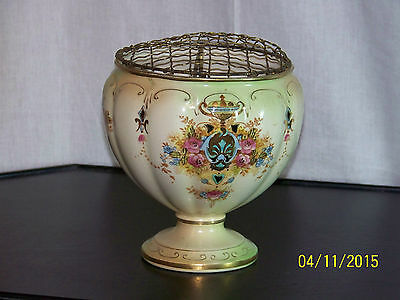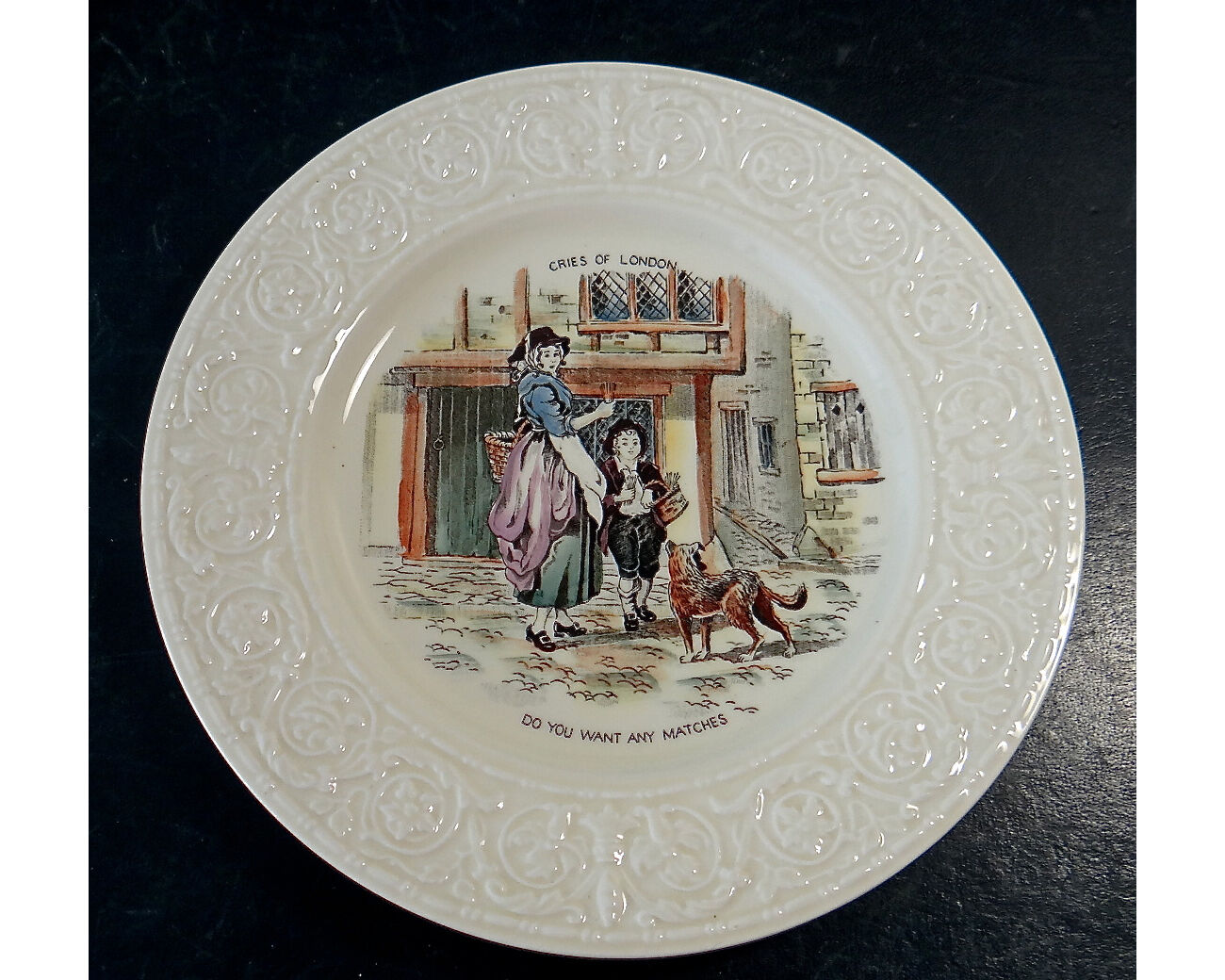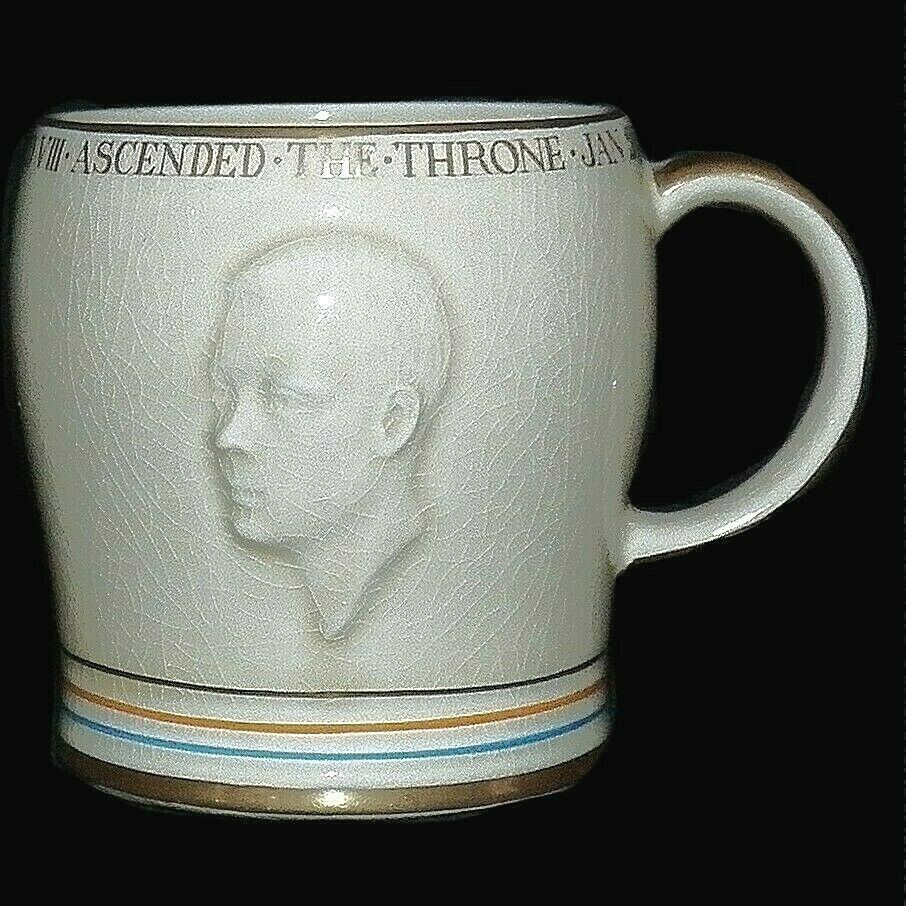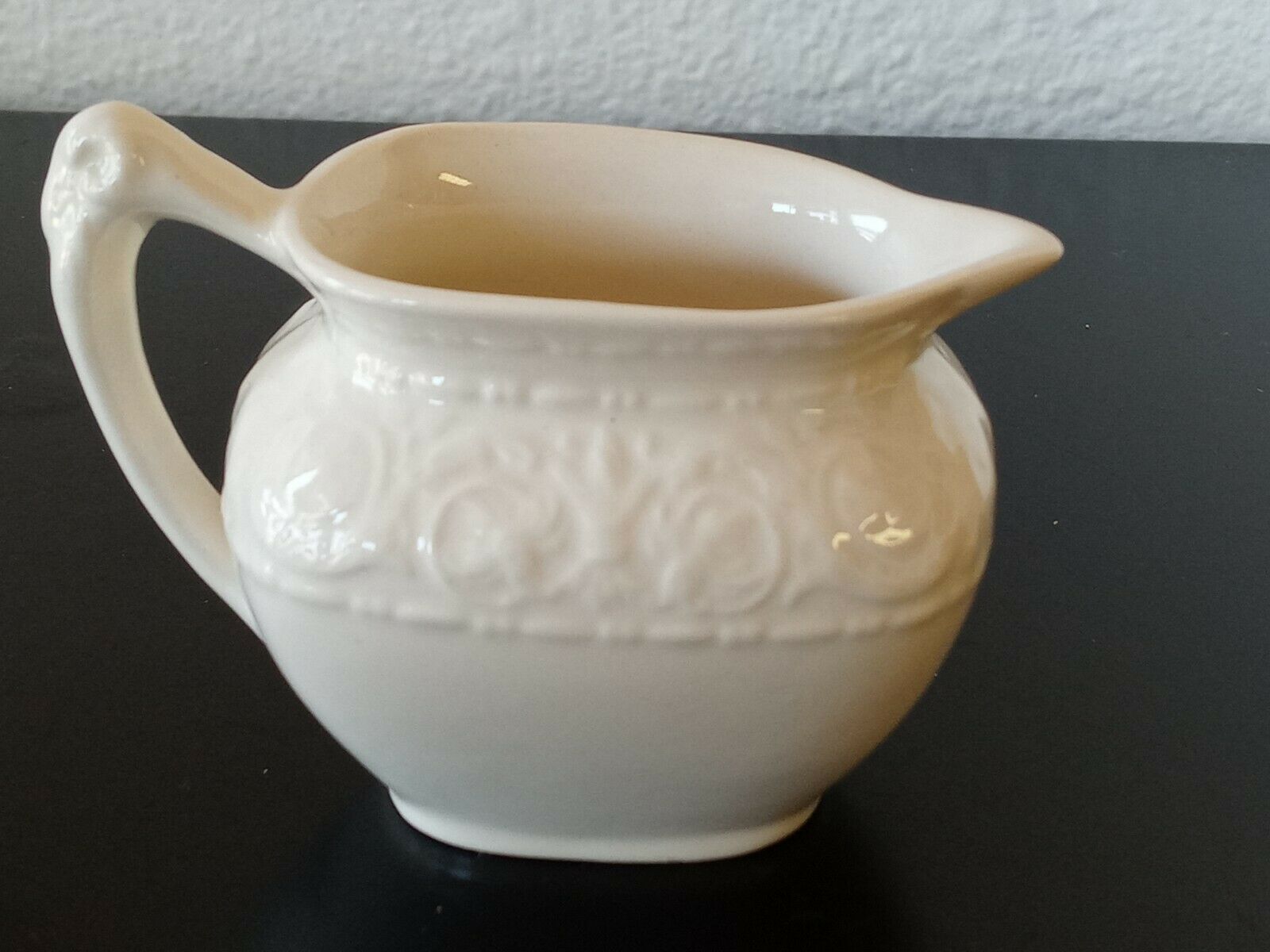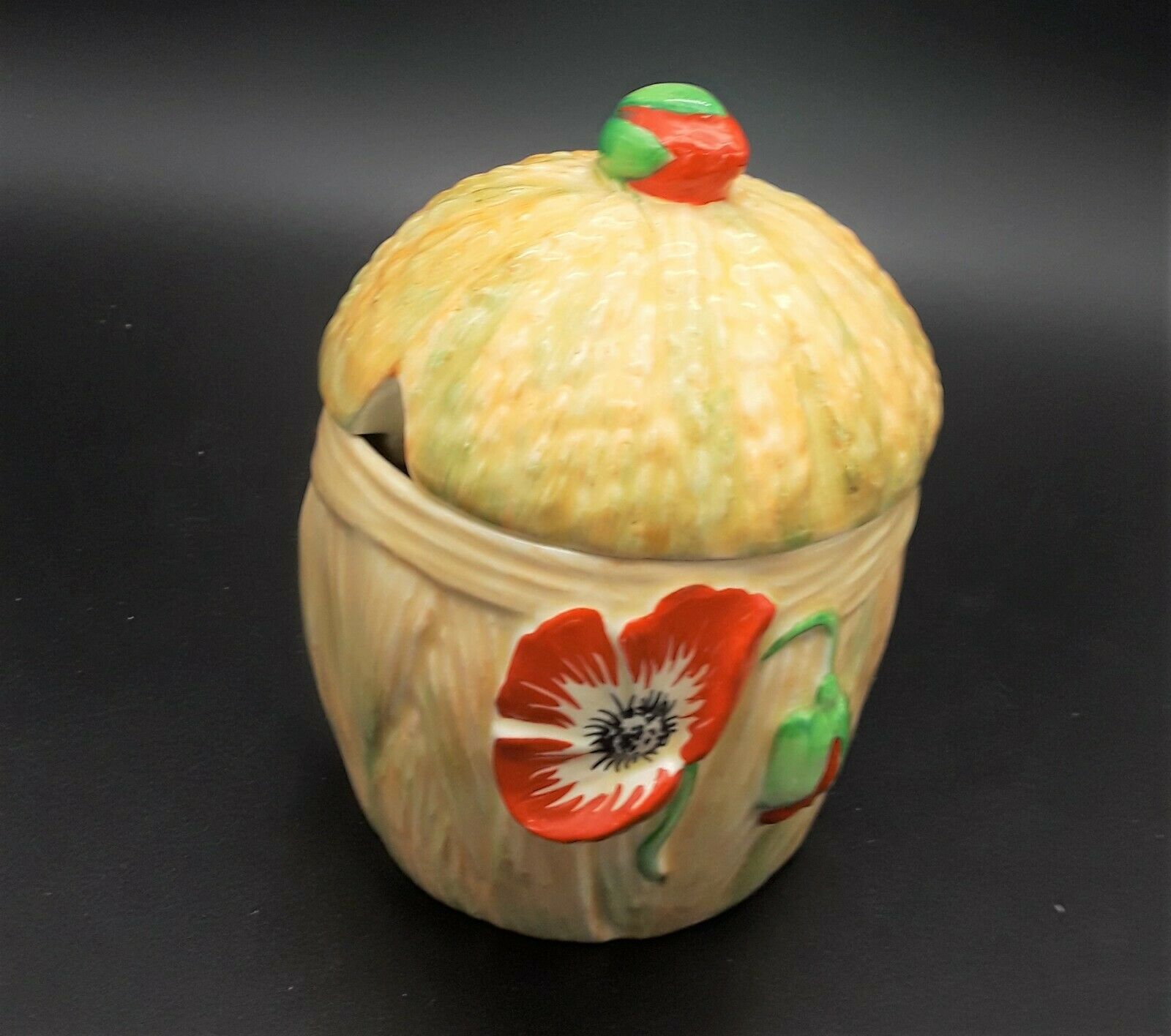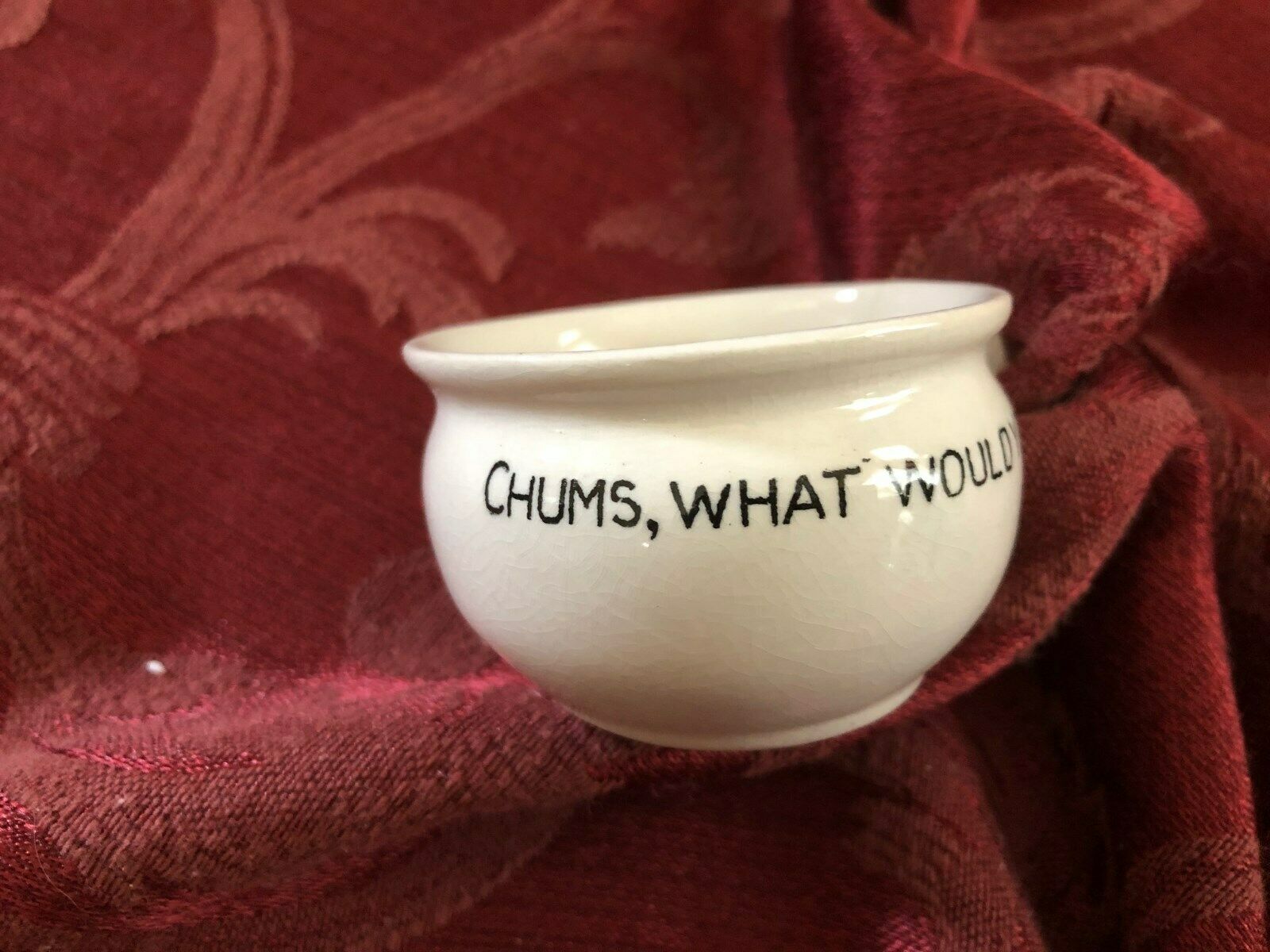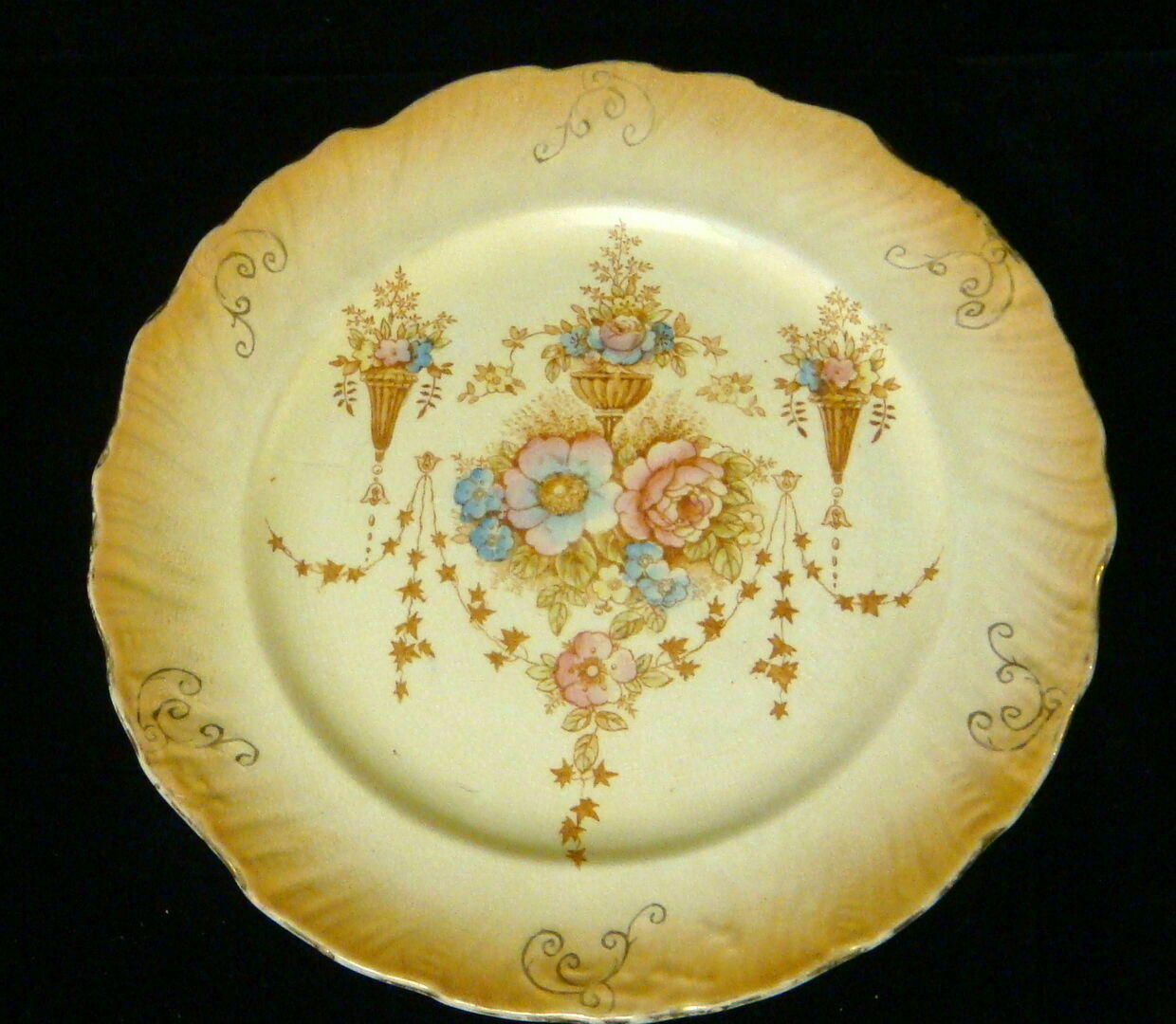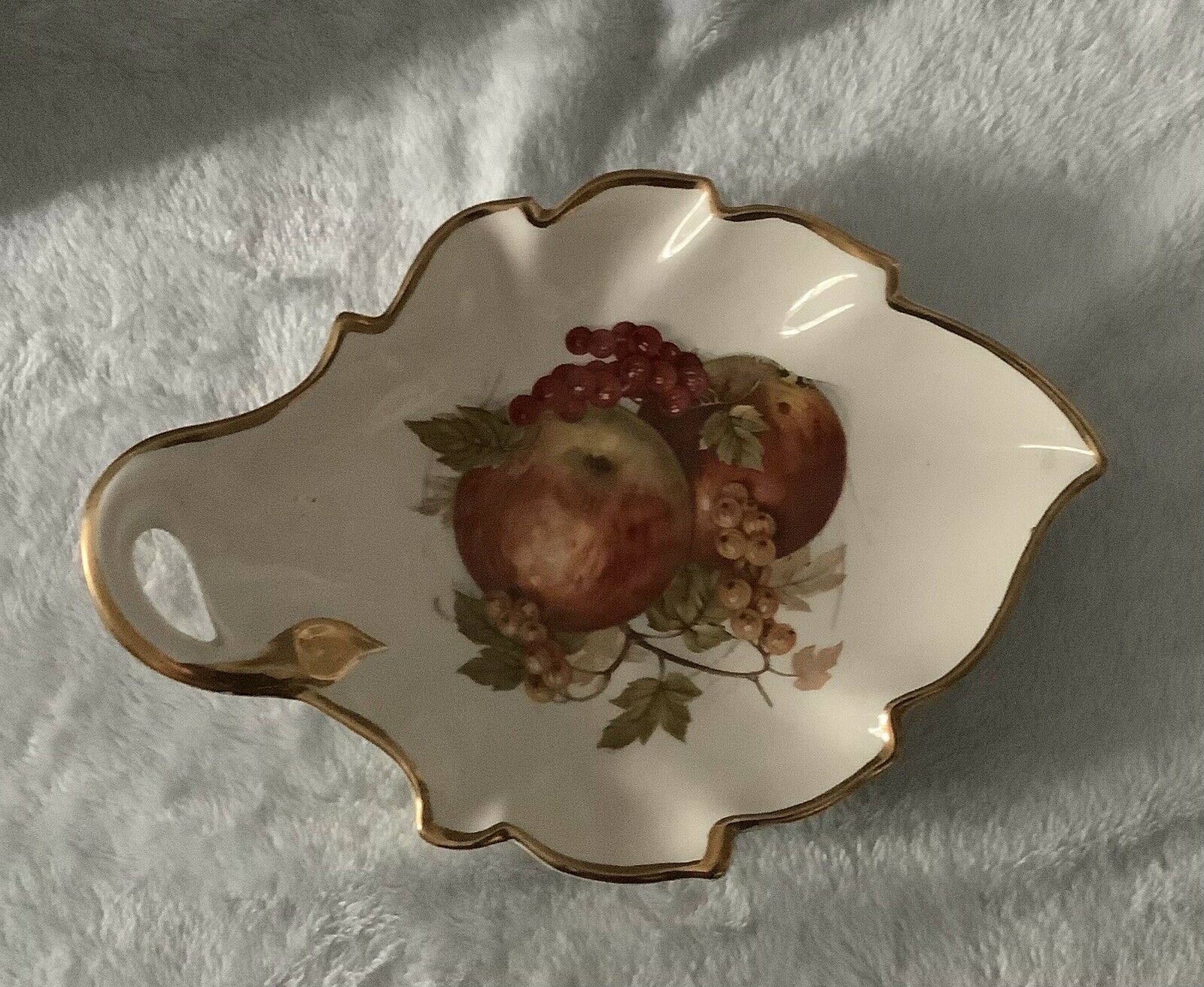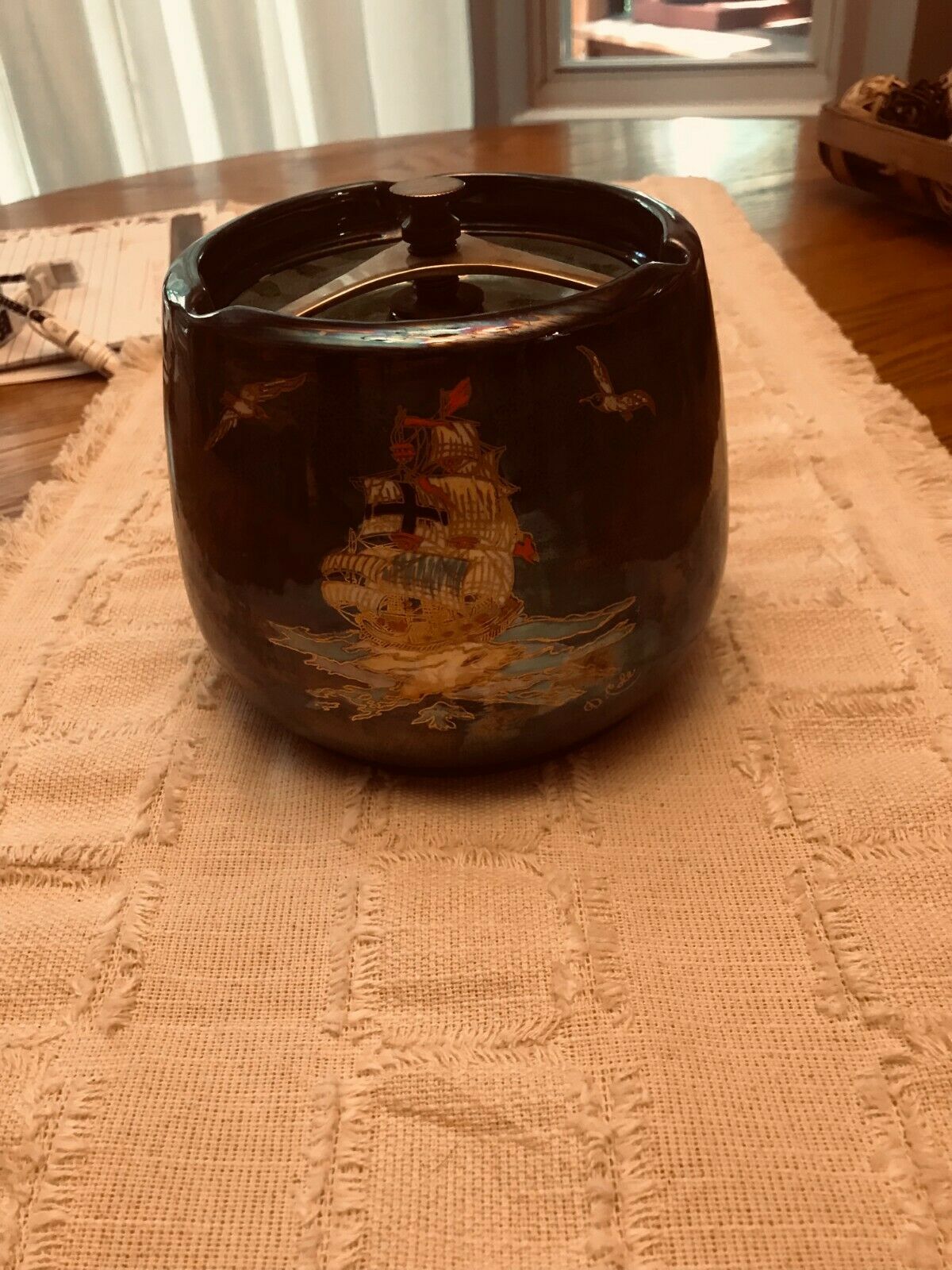-40%
Crown Devon Fieldings Antique Hand Painted Vase w/Base
$ 204.2
- Description
- Size Guide
Description
Antique Crown Devon Fieldings Hand Painted Floral Design Vase with Metal mesh top for placing stemmed flowers inside. This vase is Signed and Marked and Numbered on bottom base section. The wire mesh screen in the picture looks slanted but it fits just fine!!! The wire Mesh and the porcelain Bowl vase are in EXCELLENT CONDITION! MEASURE: 7" x 6". PLEASE WAIT FOR INVOICE!-------Mark on Bottom:: Devon Ware Fieldings Stoke On Trent Made in England printed backstamp, c1917-1930. Variations of this mark are England instead of Made In England, S.F. & Co instead of Fieldings, everything above the crown, and pattern codes below the crown. HISTORY: 1872. Simon Fielding (born 1827) was employed on the Trentham Hall estate in Staffordshire owned by the Duke of Sutherland where he was an authority on dogs and poultry. His son, Abraham (born 1855), was apprenticed as a colour maker at the Blythe Colour Works. This factory was acquired by Simon Fielding and his son Abraham was put in charge. The company now traded as S. Fielding.1878. Simon Fielding provided finance to start three pottery men on a manufacturing career. The business was situated at the Railway Pottery at Sutherland Street, Stoke trading both as Hackney, Kirkham & Company and F.Hackney & Company (names of the principal potters). The colour pigments were supplied by the Blythe Colour Mill.
1879/83. The Railway Pottery ran into difficulties but Abraham Fielding paid off the debts and became a potter himself not only running the warehouse and office side but even firing the ovens. Needing to devote more time to this venture, the Blythe Colour Mill was eventually sold to Pigott and Scarratt. The business expanded and new warehouses, workshops and kilns were added and new machinery was installed.
1890. Modern equipment was installed and by 1891 the factory had seven of the largest kilns in the Potteries.
1905. Now five times the original size, S. Fielding & Co. became a limited company. Later this year, Simon Fielding died aged 78 and was succeeded by his son Abraham.
1911. Having used the name Crown Devon for a range of decorations for several years, the name of factory was changed from Railway Pottery to Devon Pottery in response to its popularity.
1913. In April, King George V and Queen Mary visited Stoke-on-Trent and visited a number of potteries including the Devon Pottery.
1917. A gas-fired Dressler tunnel enamelling kiln was installed which had a capacity equal to 34 intermittent kilns and the weekly capacity was increased almost threefold.
1927. Abraham Fielding suffered a heart attack but soon returned to work.
1932. On March 23rd, Abraham Fielding died. He was succeeded by his son, Alec Ross Fielding (born 1880).
1942. As part of the war effort, the Government placed restrictions on decorative wares intended for the home market.
1947. In February, Alec Ross Fielding died. He was succeeded by his son Reginald (born 1907).
1951. On May 16th, a fire destroyed 44,000 square feet of floor space with the decorating, aerographing and printing shops, glost and biscuit warehouses, showrooms and offices being completely gutted. Large stocks of earthenware including a significant quantity of musical novelties were destroyed and the factory was out of commission for five months but the re-building work was not completed until 1957.
1963. Further modernisation was undertaken with two Litherland gas-fired kilns being installed.
1964. Crown Devon took over rival earthenware manufacturer, Shorter & Sons Ltd. Part of the company was sold to Douglas Kitchener Bailey who became joint Managing Director with Reginald.
1967. Reginald Fielding retires and Douglas Bailey acquires the whole company.
1971. In March Douglas Bailey died and Mrs Bailey took over the company.
1976. Mrs Bailey sold the company to The Archibald Bathgate Group, a firm of Accountants based in Liverpool.
1982. December 17th. After losing nearly half a million pounds in the previous two years, the Devon Pottery closed its gates for the last time
------------------------------------
--------------------------------------------------------------------------------
